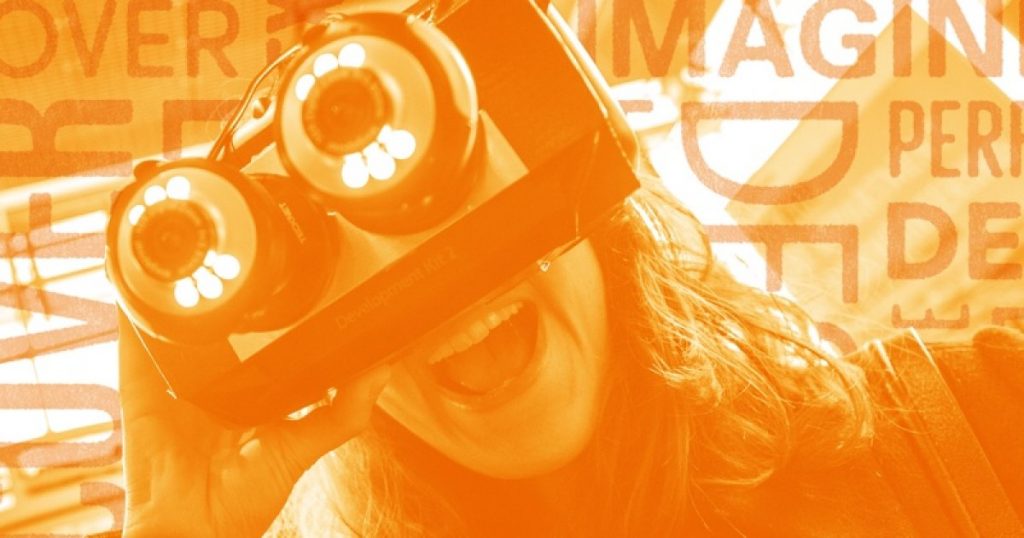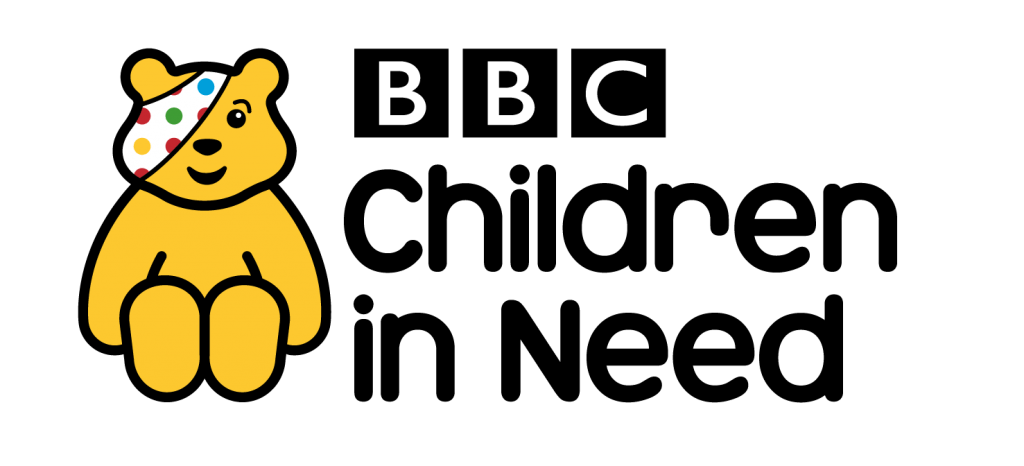Current project – Great Exhibition Road Festival 2020 Evaluation
Client: Imperial College London
Start date: February 2020
Expected end date: September 2020

Background:
Following a successful pilot year, the Great Exhibition Road Festival (GERF) is now an annual event celebrating the arts and sciences happening in the South Kensington cultural quarter. The festival aims to deliver a dynamic range of participatory visitor experiences that generate curiosity and a pioneering spirit among the audiences and partner institutions through a unique collaboration of the arts and sciences institutions taking part.
The festival also aims to celebrate diversity and engage with communities and audiences with whom the partner institutions do not often engage. The 2020 festival has a theme of ‘trailblazers’, which will unite a selection of content across the festival.
Our Approach
Our evaluation seeks to understand the value of a collaborative endeavour, combining disciplines and partner institutions. It explores the festival’s audience and any impacts upon them, as well as the views of volunteers and participants.
We are employing a mixed methods approach to explore different elements of the festival and its development from the pilot year. We are using a range of evaluative tools, including both traditional and development of new creative approaches.
Expected outputs
A final report including recommendations for the development of GERF, discussed in a round up meeting with the festival team, as well as development of a range of evaluative tools.









